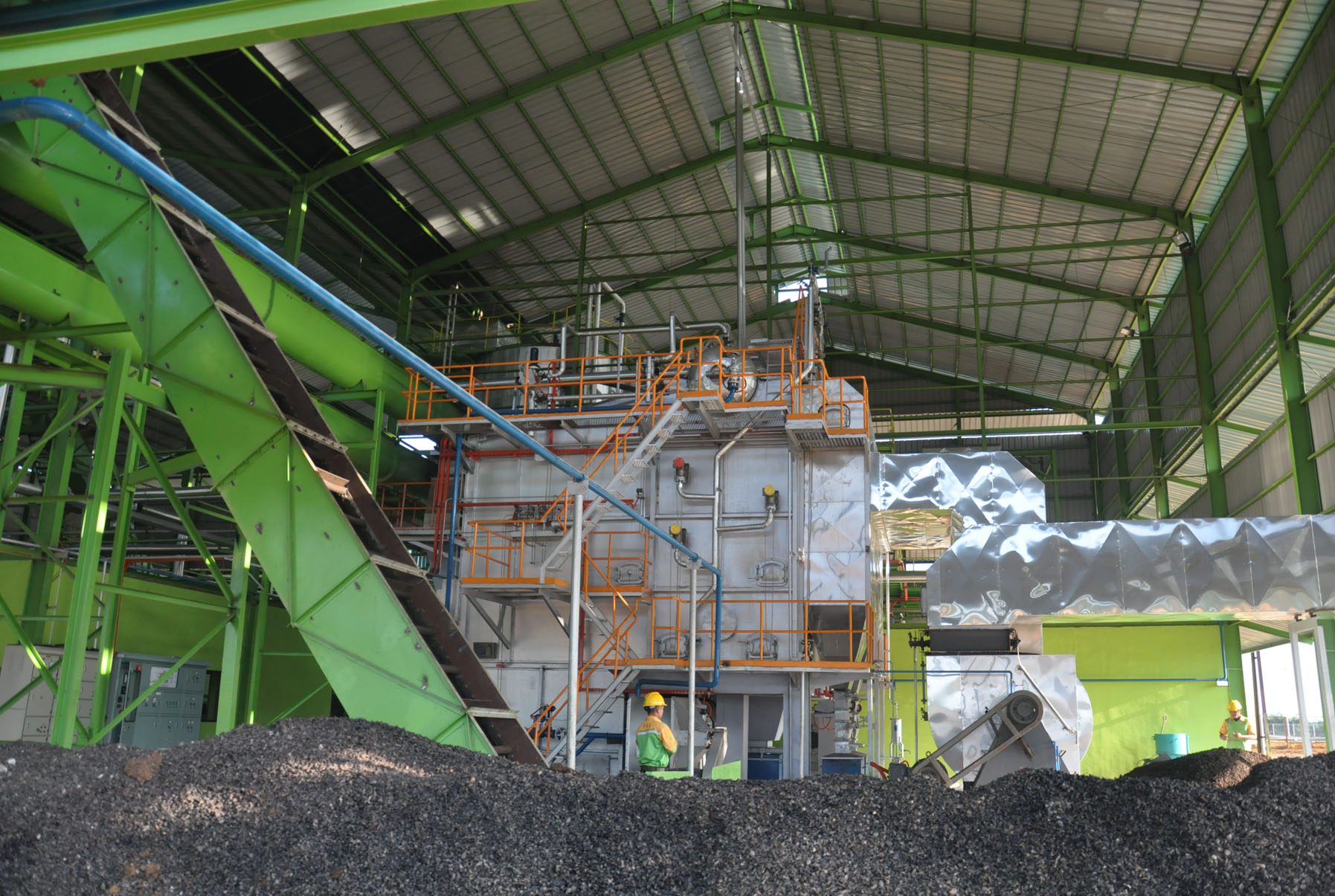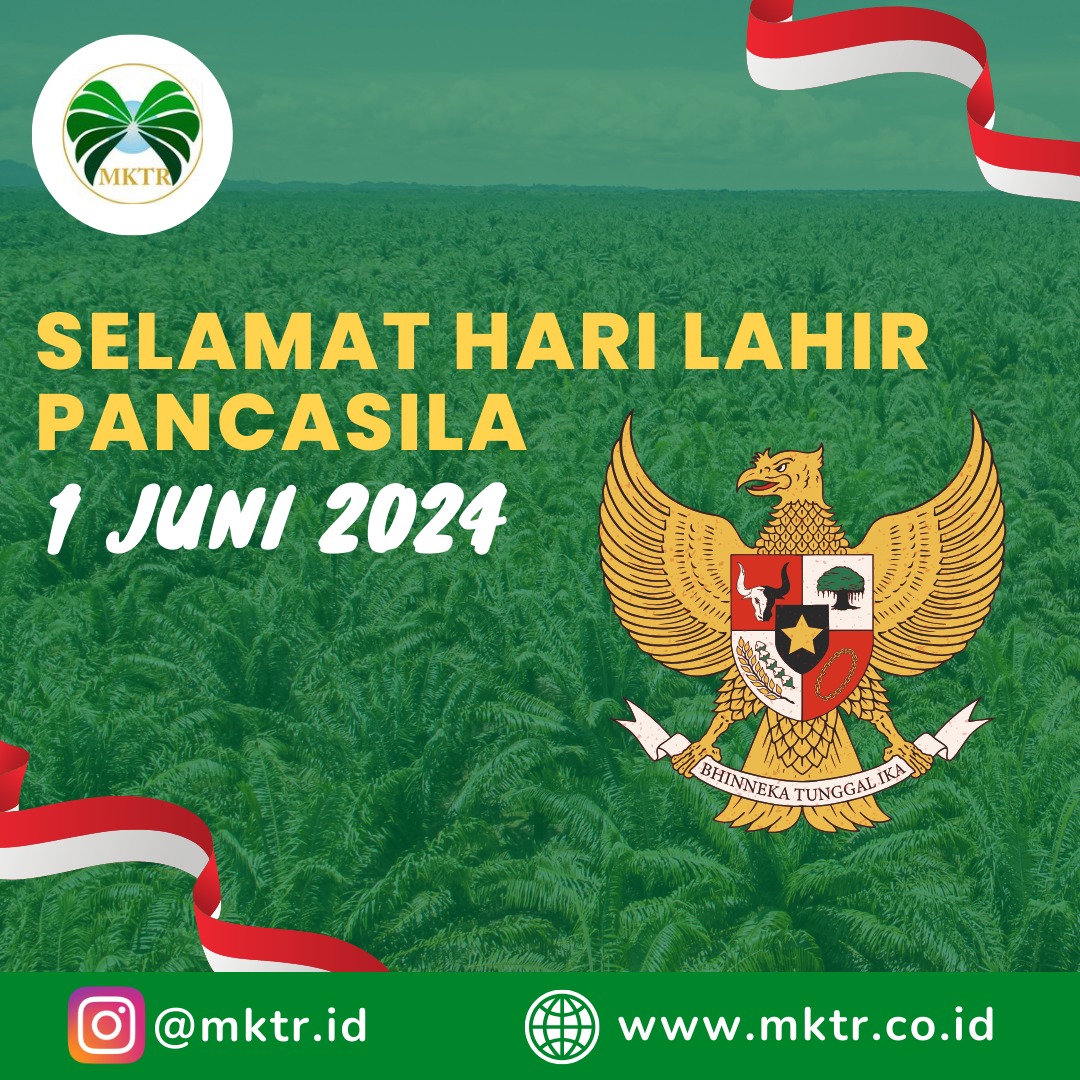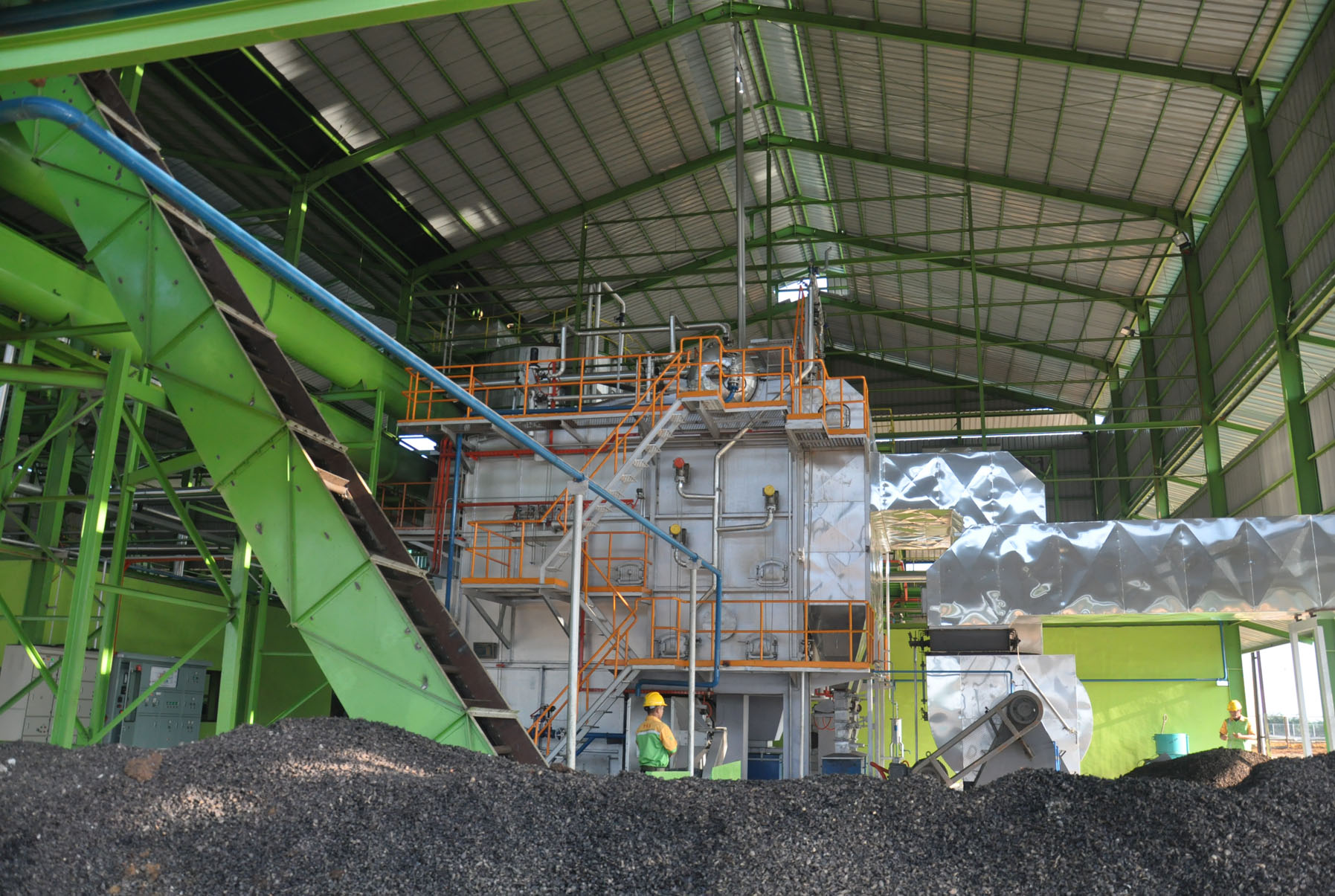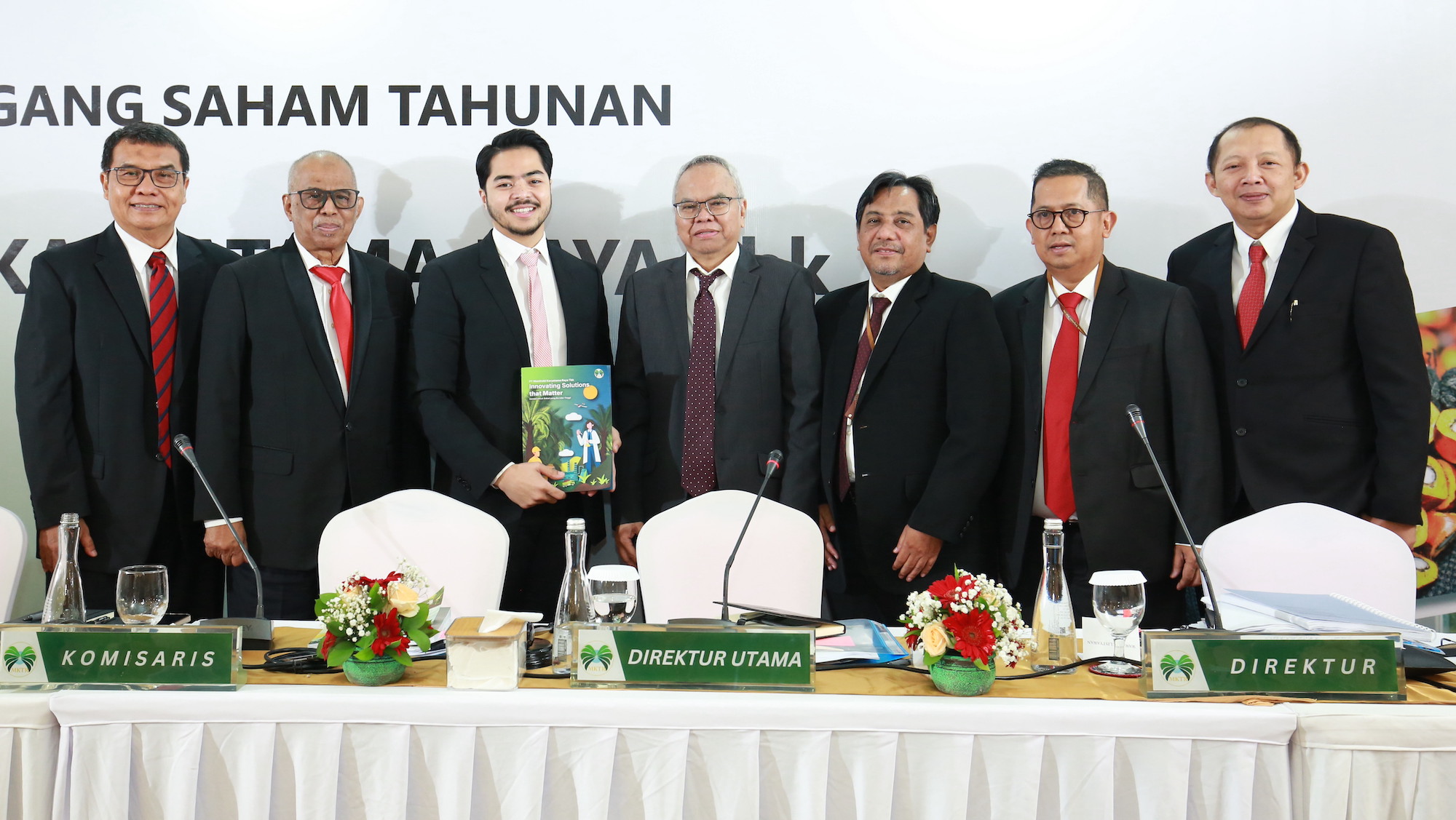
21
Mar
Capturing the Huge Potential for Sustainability from Palm Oil By-Products
Indonesia’s Palm Oil Industry: Transforming Waste into Economic and Environmental Solutions
As the world’s largest producer of palm oil, Indonesia faces a significant challenge in maintaining a balance between economic growth and environmental sustainability. One of the strategies currently being developed by the government is to utilize palm oil by-products (waste) to add economic value, reduce environmental burdens, and create new sources of economic growth.
PT Menthobi Karyatama Raya Tbk (MKTR) is one of the leading companies in palm oil by-product processing, operating through its subsidiary, PT Menthobi Hijau Lestari (MHL).
MHL: Turning Palm Waste into Granular Organic Fertilizer Under the GreenGrow Brand
MHL, through its GreenGrow brand, transforms palm oil industry waste—such as empty fruit bunches (EFB)—into granular and liquid organic fertilizer. Through GreenGrow and its services, MHL not only supports sustainability but also plays a critical role in providing eco-friendly solutions for the agricultural and renewable energy sectors.
MHL: A Pioneer in Empty Fruit Bunch (EFB) Processing for Granular Organic Fertilizer
PT Menthobi Hijau Lestari (MHL) has adopted an innovative approach to processing palm oil waste, particularly empty fruit bunches (EFB). These are converted into high-quality solid and liquid organic fertilizers under the GreenGrow brand—pioneering the production of granular organic fertilizer made from palm oil industry by-products.
By converting what was once considered waste into high-value products, MHL significantly reduces environmental impact while providing sustainable agricultural solutions. GreenGrow organic fertilizers improve soil fertility and crop productivity, making them a leading product in advancing sustainable farming practices in Indonesia.
In addition, MHL offers consulting services on renewable energy and industrial waste management and is actively involved in the biofuel trade. With its range of innovative solutions, MHL and GreenGrow are helping to transform the palm oil industry into one that is more sustainable and environmentally friendly.
The Potential of Palm Oil Waste as a Renewable Energy Source
In the palm oil industry, waste is often seen as a challenge. However, with the right approach, it can become a valuable resource.
According to InfoSAWIT, Coordinating Minister for Economic Affairs Airlangga Hartarto stated at an international conference that palm oil waste—including empty fruit bunches, tree trunks, liquid waste, and especially palm kernel shells—has significant potential as a renewable energy source.
Among these, palm kernel shells stand out. These have an energy content comparable to low-grade coal. With an annual production of 13.4 million tons, palm kernel shells present a major opportunity for Indonesia to reduce its reliance on fossil fuels and shift toward greener energy sources.
This potential is already being utilized in palm oil mills as boiler fuel and is currently being explored for co-firing with coal in power plants.
Used Cooking Oil (UCO) for Sustainable Aviation Fuel
In addition to palm kernel shells, used cooking oil (UCO) is another waste product that now holds significant economic value. In 2023, Indonesia produced 3.9 million tons of used cooking oil, which is being used as a sustainable aviation fuel (SAF). This initiative not only helps reduce domestic waste but also strengthens Indonesia’s position in the global green energy market.
The government is also considering the use of palm waste-based raw materials for the Carbon Offsetting and Reduction Scheme for International Aviation (CORSIA) to meet the growing demand for international SAF. This is a major breakthrough that could positively impact the aviation sector's sustainability goals.
Economic Benefits for Rural Communities
Beyond its environmental impact, the utilization of palm oil waste presents economic opportunities, especially in rural areas. Investment in these practices has the potential to create new jobs and boost income for smallholder farmers and communities near palm oil plantations.
What was once seen as worthless waste is now a valuable resource that can help support local economies.
The Importance of Policy and Cross-Sector Collaboration
To realize this potential, Minister Airlangga Hartarto emphasized the need for strong policy support. The Indonesian government must encourage more investment in research and innovation to develop technologies that enable palm waste utilization.
Moreover, collaboration among the government, private sector, and academia is essential to ensure that these sustainability practices continue to grow and deliver greater benefits to both the economy and the environment.
For more information about our products and services, contact us for a free consultation [here].
Source : tes






